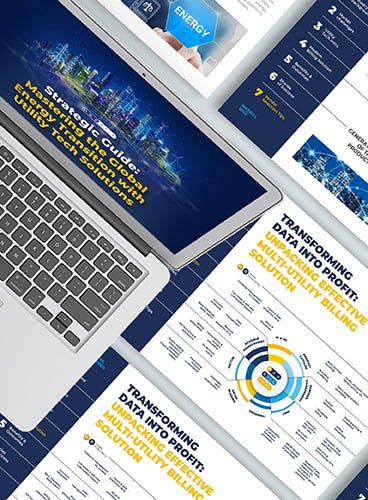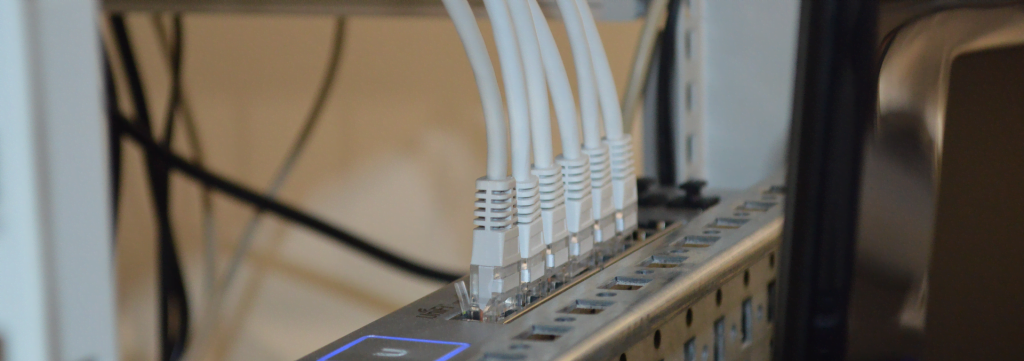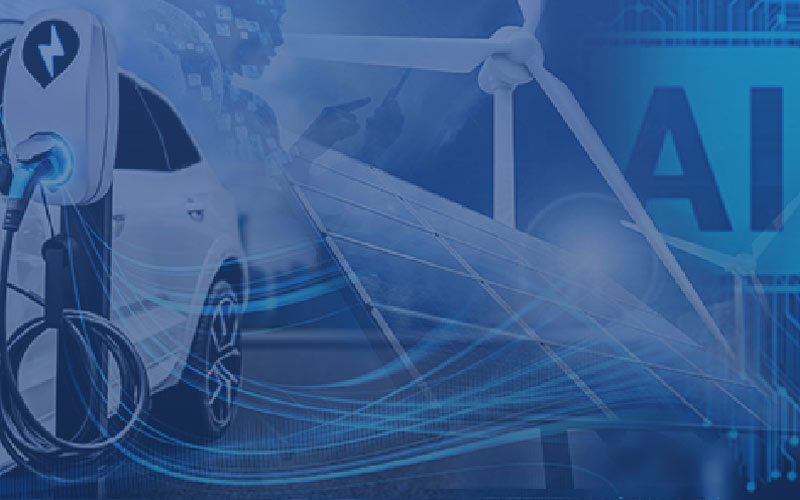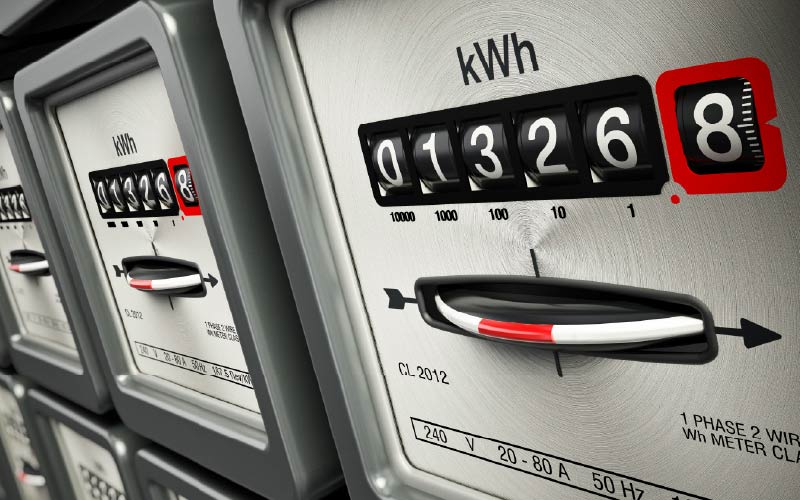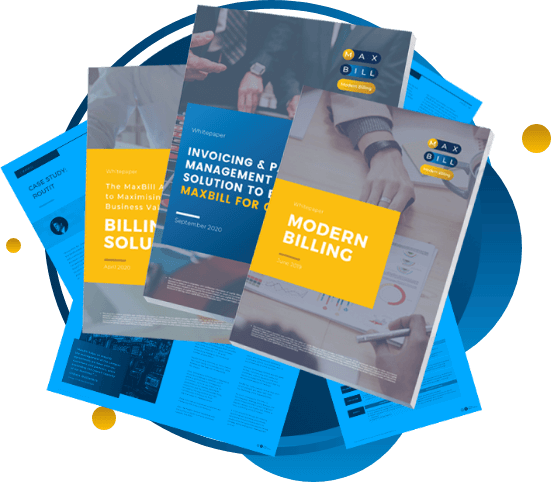Updated: February, 2025
As a consistent attendee of the Enlit event, we see that the energy transition and related digital transformation utilities undergo are two processes that go hand-in-hand.
France, for example, has finished the roll-out of smart meters (two years ago, though), making utilities adjust to it. One of Spain’s key subjects today is energy communities. Therefore, each country has their own realities, and so do energy and utility organisations in each country.
Smart grids are another vector that is revolutionising the energy sector, reshaping not only its infrastructure but also its business models and enhancing customer experiences.
It’s crystal clear: utilities must reassess their approach to conducting business, envision the evolution of their service portfolios, and identify the necessary tools to effectively manage a thriving next-generation company.
Today, it’s not about addressing the immediate challenges of managing smart meter data, implementing new business models, and integrating dynamic pricing.
Your technology-furnished solution needs to serve as a strategic tool for long-term operational efficiencies, innovative service offerings, and enhanced customer care.
Kitill Rechter, MaxBill CEO
The investment in it should prioritise systems that offer ample flexibility to accommodate uncertain or unforeseen future requirements and can be easily adapted to emerging challenges without the need for costly customisations.
At MaxBill, we recognise that decisions to modernise a utility billing system are made with careful consideration of a company’s competitive market position and its current IT infrastructure.
In this article, we aim to present four potential scenarios for utility companies that are eager to modify or enhance their existing customer care and energy billing systems.
Implementing Upgrades with Minimal Disruption to Current Infrastructure and Services
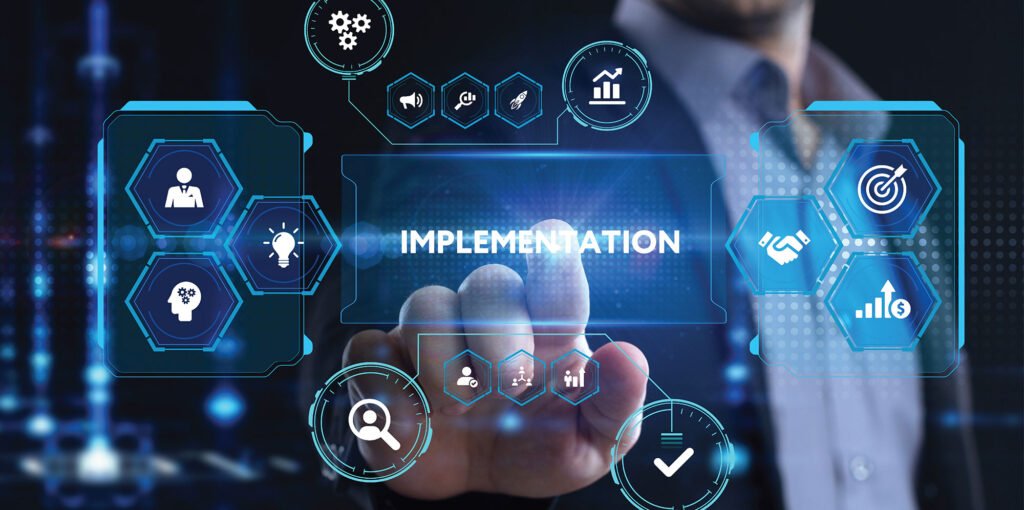
As utilities consider the implementation of a new system, they may find it necessary to continue supporting the billing of legacy services. For instance, during the gradual transition to smart meters and the migration of all customers to the new system, parallel support for legacy services is also essential.
Furthermore, utility companies’ decision-makers may experience uncertainty regarding the complete scope of future system requirements in certain areas, given the immature stage of smart grid technology.
Transferring customers to new systems as long as they continue to use traditional meters may seem reluctant to some utilities. It is crucial for them to prevent the installation of systems that may eventually prove unsuitable for their future requirements.
Hence, the optimal solution lies in adopting an implementation approach that minimises the impact on existing systems and services. Fortunately, there are strategies available that enable the gradual introduction of functionality as and when required.
These progressive approaches aim to assist utilities in effectively managing the risks and uncertainties associated with system migration while providing a smoother pathway for upgrades.
Augmenting Calculation Capability to Enable Advanced Tariff Structures

In adherence to existing energy transition regulations, certain utilities aim to implement time-of-use (TOU) and critical peak pricing (CPP) tariffs, as well as net metering, while minimising the impact on their legacy CIS (Customer Information System) and avoiding the need for CIS replacement.
To achieve this, they are choosing to leverage the interval data calculation capabilities of a next-generation MDMS (Meter Data Management System) to effectively support these tariff structures.
The process operates as follows: the interval billing determinants engine consolidates daily usage data into multiple time-of-use (TOU) periods, utilising the utility’s tariff configuration data. The summarised TOU data is then transmitted to the legacy billing system during each billing cycle for further processing.
Daily billing determinant summations are conducted to facilitate the provision of month-to-date information to end users. Additionally, there is often flexibility for custom configurations to meet specific requirements.
Should utilities opt to replace the CIS at a later stage, the utilisation of an MDMS streamlines the integration process by reducing the number of required interfaces.
However, it is important to note that deploying a standalone rating and charging system offers greater potential for tariff and service innovation, albeit with a potentially more extensive implementation scope. Back billing scenarios are also included here.
Modular and Staged Strategies: A Flexible Approach to Upgrading Utility Billing and CRM Systems
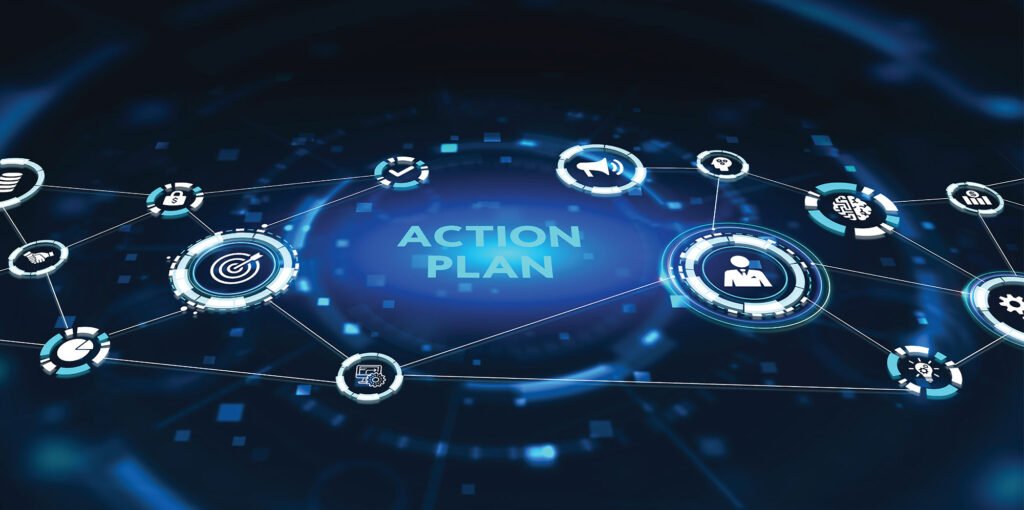
Certain utilities choose to leverage a modular system that enables the real-time rating of usage data against the utility’s rate plans. Subsequently, summarised data is transmitted to the legacy billing system at the end of each month for billing purposes.
Moreover, this data can be made accessible to other systems, such as analytics or web-based self-care platforms.
Energy and utility organisations get the flexibility to adopt a phased approach in their system implementation. They can start by introducing a new rating and charging system, then add billing functionality, and eventually incorporate customer care capabilities.
By leveraging the modularity of the system, utilities can evaluate the possibility of retaining certain legacy systems that effectively serve specific functionalities and align with their ongoing requirements. If desired, these retained systems can be replaced at a later date.
The migration of customers can be carried out gradually, potentially even in segmented phases. For instance, the process may begin with the migration of commercial and industrial (C&I) customers, followed by the transition of residential customers at a later stage.
Numerous contemporary billing and customer care solutions are built upon a modular architecture, allowing the incremental addition of new functionalities as and when required.
Managed Services and Outsourcing: Modernising Billing and Customer Care Functions for Utilities
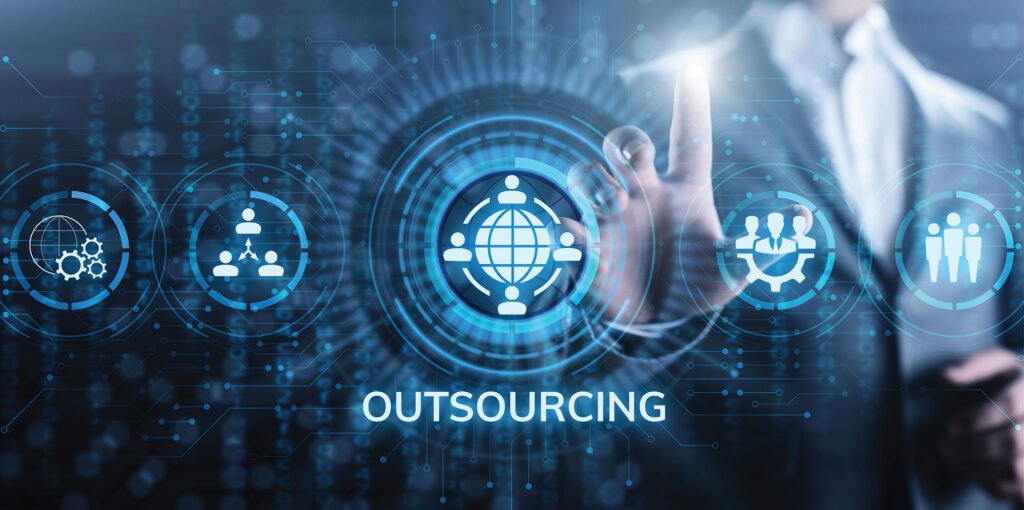
Utilities have the option to explore outsourcing their billing and customer care functions by adopting solutions from service bureaus, available either on a software-as-a-service (SaaS) basis or through licencing.
Engaging third-party billing services and CRM for utility companies is already a prevalent practice, especially in certain markets like Germany or among specific types of providers, such as municipalities.
Outsourcing billing and customer care can offer advantages in terms of minimising operational disruptions and managing costs effectively. By maintaining existing legacy billing arrangements, operations can continue uninterrupted.
The costs associated with the managed service are scalable, aligning with the scale of the utility’s smart meter deployment. This allows the utility to keep costs low.
As the electricity supply market undergoes transformation, a diverse range of modern billing delivery models is expected to emerge. These models may include billing and CRM-managed services for utilities sector, build-operate-transfer arrangements, and the provision of various point solutions to customers who possess proficient in-house IT teams.
This flexible approach enables utilities to adapt to evolving market needs and cater to the unique requirements of different customer segments.
Enhancing Utility Businesses: Solution Found with MaxBill
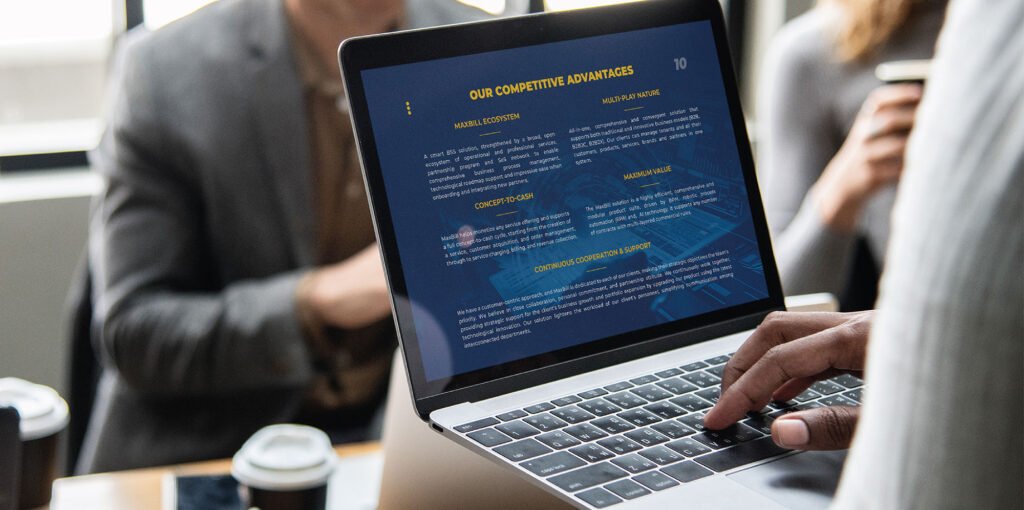
We strongly believe that making investments in new CIS and billing systems, CRM for utilities will enable electricity retailers to differentiate their services beyond just pricing as the global energy transition requires.
As energy-as-a-service becomes increasingly prominent, service innovation and differentiation will play a crucial role in attracting and retaining customers.
By offering unique and value-added services, retailers can effectively position themselves in the market and establish long-term customer relationships.
The MaxBill modern billing and customer care solution has a proven track record in effectively deploying energy transition scenarios. Its robust rating engine is capable of handling and scaling to various consumption rating scenarios, including time-of-day charging.
MaxBill offers flexible deployment options to cater to diverse needs. It can be implemented as an end-to-end legacy replacement system, where historical data and business processes are seamlessly migrated onto the new platform.
Alternatively, it can be employed as a modular solution by provisioning specific modules, such as the charging engine or the MaxCatalogue product catalogue, according to the specific requirements of the utility.
MaxBill’s open architecture enables seamless integration with the utility’s existing systems, ensuring smooth interoperability.
Furthermore, it is worth noting that MaxBill offers the flexibility of both on-premises deployment and Software-as-a-Service (SaaS) models, allowing utilities to choose the deployment option that best aligns with their specific requirements and preferences.
Are you considering one of these migration scenarios and willing to upgrade your utility billing system? Drop us a line, and we’ll get back to you with a roadmap throughout the transformation lifecycle.
